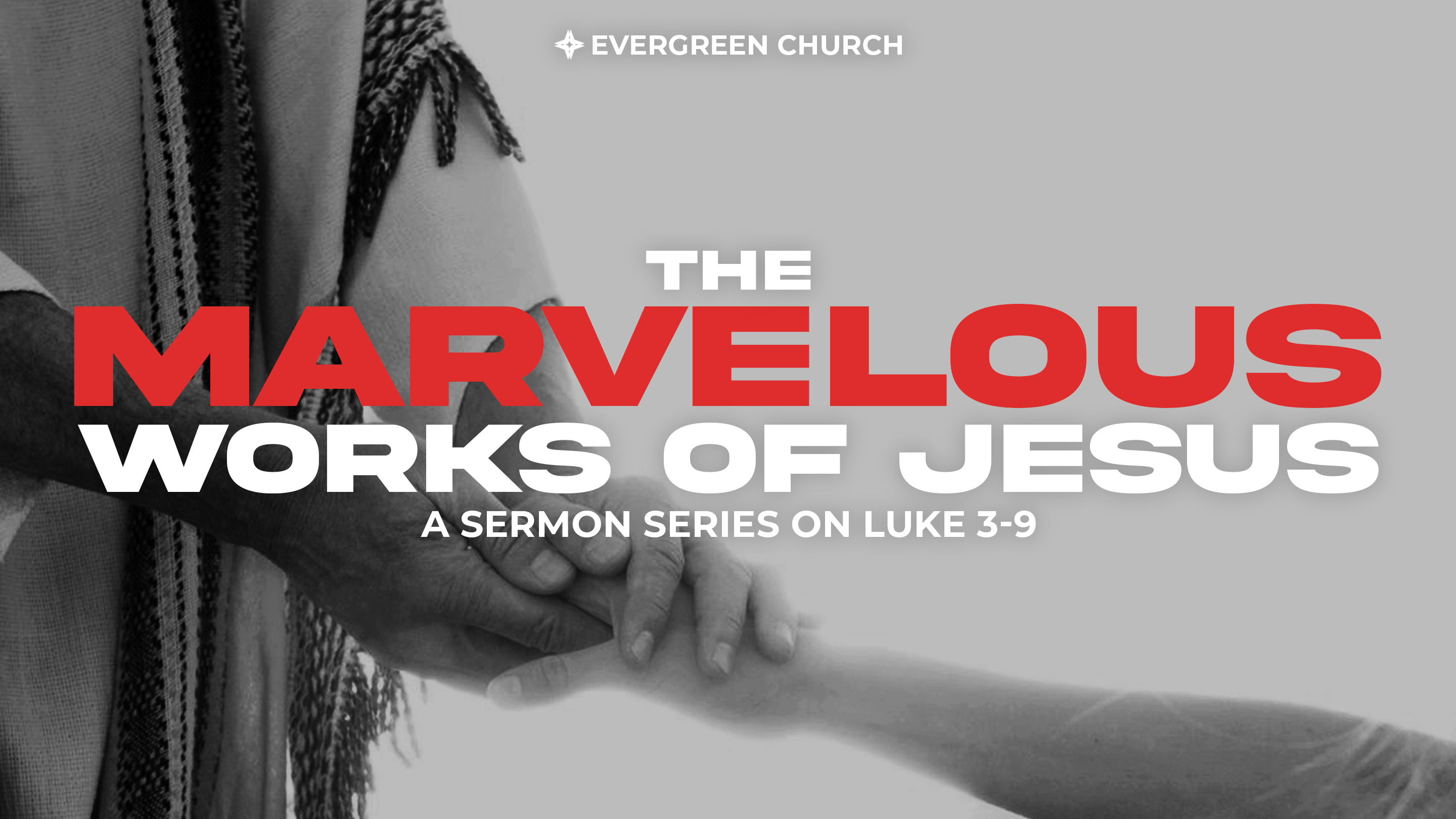 Back in Spearfish, SD, I had so many friends who were pastors. There was a real sense that we working together. The evangelical pastors in the area had been meeting for years. We did activities together. It was a real blessing.
Back in Spearfish, SD, I had so many friends who were pastors. There was a real sense that we working together. The evangelical pastors in the area had been meeting for years. We did activities together. It was a real blessing.
I’ve never been able to reproduce that feeling here. I’ve tried to get groups together. I’ve tried to get together with pastors and get churches together. I fee like a lot of my work has been frustrated. I’ve often felt like giving up.
Psalm 2 made me realize that I should not do that. You know why? Because it’s about the kingdom. It’s not really about me. It’s about what God is doing in the world to glorify His chosen king, Jesus. It’s in the interest of the kingdom to get churches working together and having a sense of being a part of the kingdom. The world knows who God is through the love that Christians have for one another.
All kinds of people are opposing Him, but God is working out His plan and building up His kingdom. “I will proclaim the Lord’s decree: He said to me, “You are my son; today I have become your father. Ask me, and I will make the nations your inheritance, the ends of the earth your possession” (Psalm 2:7–8). So, the kings of the earth and everybody else needs to get on board. “Therefore, you kings, be wise; be warned, you rulers of the earth. Serve the Lord with fear and celebrate his rule with trembling” (Ps. 2:10–11). God is doing something big in this world, and everybody needs to get in line with it. The kingdom is coming whether we like it or not.
The first psalm looks at the individual and how he flourishes. The second psalm points us to the bigger picture. It points us to the work of God through Christ establishing His kingdom throughout the world. This is the second theme we will consider as we look at the psalms. In one sense, all of the psalms are about Christ, but there are some in which the theme comes out more clearly than others. Consider, for example, Psalms 2, 22, 45, 72, and 110. These all point us back to the fact that our first prayer should be hallowed be your name, your kingdom come, your will be done.
This passage also tells us that the kingdom is good news for us, too. We are made to be part of something bigger, and what we see here is that God wants us to be a part of it. More than that, he wants to bless us in the work of His kingdom. The psalm concludes, “Blessed are all who take refuge in him” (2:12). That’s the blessing of meditating on God’s kingdom and His King. That’s how this psalm can both challenge us and be a refreshing stream for our soul, pointing us back to the true meaning of life and who is really in charge and in whom we will find our blessing.


